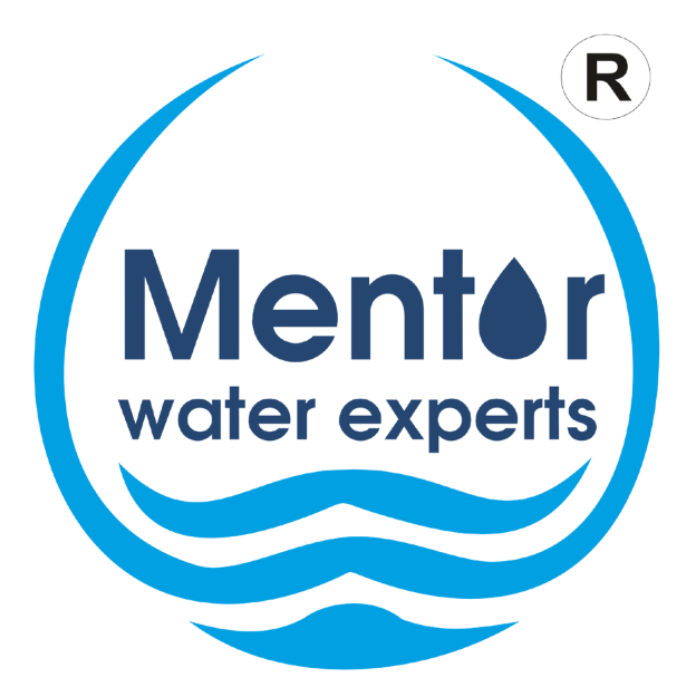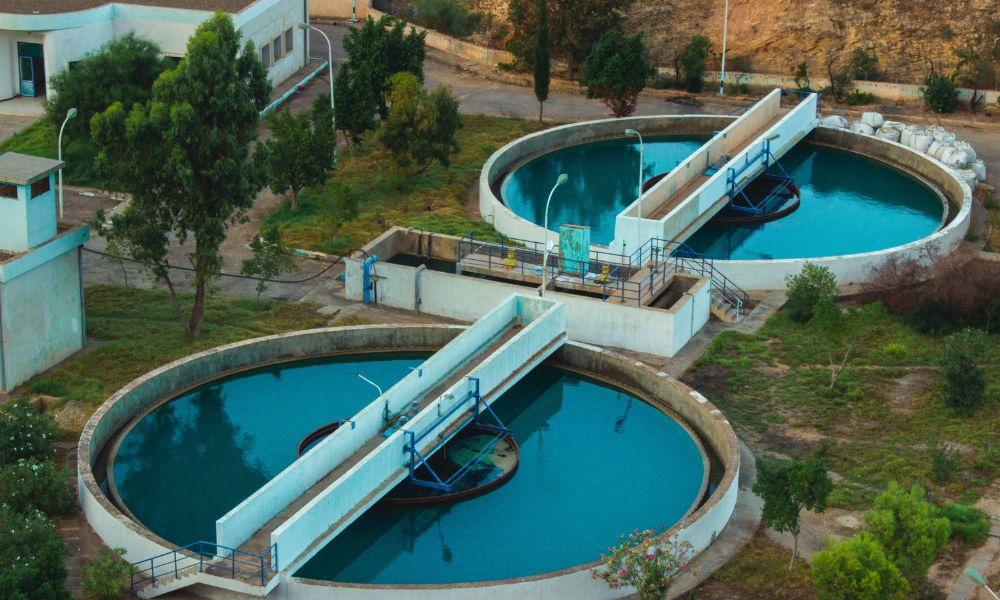Water is used extensively in the daily operations of many heavy industries and households. It results in a lot of waste production that may be harmful and require treatment before it is released back into the environment. The common places where water requires treatment are divided into two broad perspectives industrial and domestic wastewater. It requires treatment in different ways. Here we have mentioned industrial and domestic water treatment plant differences and what they are distinguished into.
A modern wastewater treatment system that handles all wastewater types produced in industrial or domestic residences is called a sewage treatment plant. All types of domestic wastewater that include dangerous pollutants are treated to lessen the risk to the environment and public health. Therefore, a home’s sewage system is necessary.
Industrial Wastewater Treatment
The majority of sectors, including mining, food production, paper, and agriculture, generate wastewater, or wet waste. The techniques used to clean up water tainted by anthropogenic industrial or commercial activity are referred to as industrial wastewater treatment. Although there has been a push to reduce the amount of trash produced in industry, many industrial sectors cannot avoid it and hence need a wastewater treatment plant.
Domestic Wastewater Treatment
A Domestic Water Treatment Plant is a type of facility used to purify water for usage in the home, such as bathing, cooking, and drinking. Such a plant’s main goal is to guarantee that the water delivered to households is pure, safe, and devoid of dangerous pollutants.
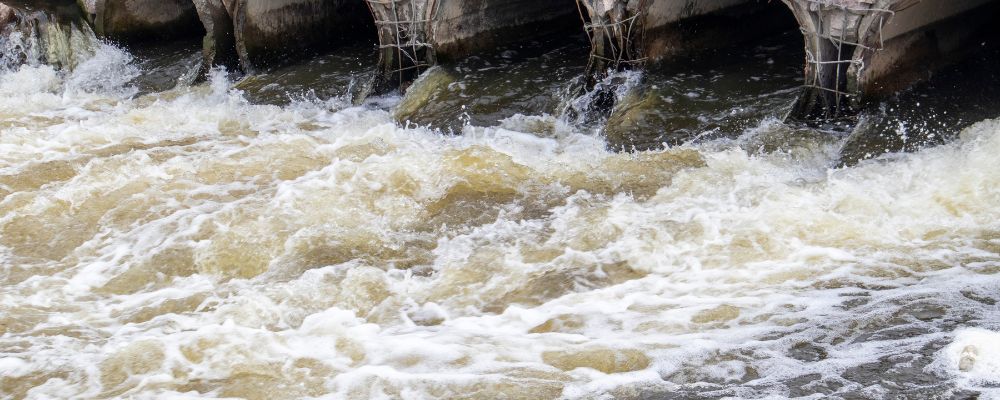
Types of Wastewater Treatment Plant
Depending on the wastewater and its treatment method, the Industrial and domestic water treatment plants are divided into 3 or more types. Here are the three major types.
Sewage Treatment Plant (STPs)
The process of eliminating impurities from wastewater is known as sewage treatment. It may also consist of household sewage or industrial wastewater, depending on the size of the municipality where the sewage treatment plant is situated. This kind of STP is essential to keeping locals safe and healthy since it cleans wastewater using a combination of chemical, biological, and physical treatments before releasing it into the environment.
Effluent Treatment Plant (ETPs)
On the other hand, most of the industrial wastewater is typically cleaned by effluent treatment plants. They manage the wastewater that these companies release and produce a byproduct or industrial effluent. ETPs are frequently helpful in industries where there is a high risk of significant chemical contamination in wastewater.
Similar to STPs, ETPs treat water through several phases, including primary, secondary, and tertiary. The techniques employed may also vary based on the characteristics of the wastewater under consideration.
Activated Sludge Plant
The flora of activated sludge is similar to that of sewage treatment plants. They use activated sludge, specifically, to break down biological pollutants in sewage effluent. And, hence it is included in STPs.
The activated sludge method increases the amount of organic flocs, clumps of organic matter, by adding dissolved oxygen. The pollutants in the wastewater are then broken down by the organic flocs. They can also soften wastewater by turning ammonia into nitrites and nitrates, which turn into safe nitrogen gas.
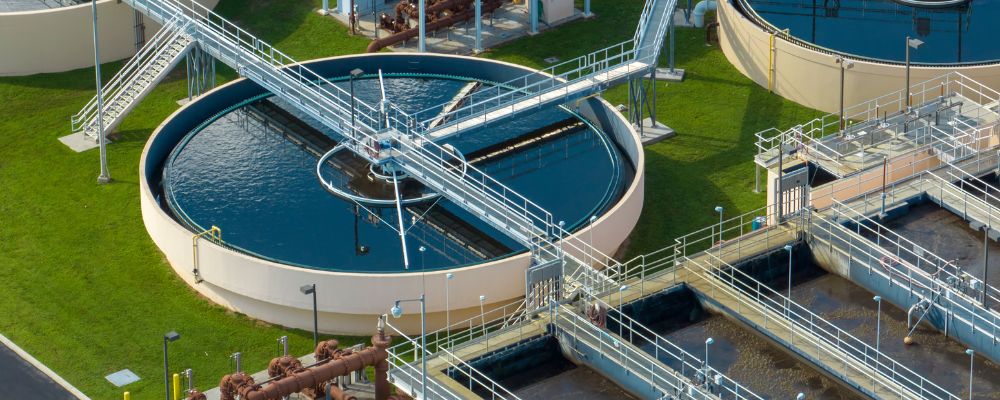
Major Difference Between Industrial and Domestic Water Treatment Plant
Due to the variations in water supplies, treatment goals and operational size, industrial and residential water treatment plants have different functions and require various design considerations. The major differences between industrial and domestic water treatment plants lie in between a few factors only.
Purpose of the Plant
Industrial Water Treatment Plants: These facilities are made of clean water used in manufacturing, energy production, and chemical manufacturing processes. They frequently deal with big amounts of water, and depending on the particular business, they can need special treatment.
Domestic Water Treatment Plant: These facilities are designed to purify water for use in cooking, cleaning, drinking, and bathing. They usually cater to a limited number of households and concentrate on fulfilling legal requirements for clean drinking water.
Contact us today and book a no-cost consultation with our experts.
Treatment process
Industrial Plant: Various treatment techniques, such as ion exchange, chemical treatment, membrane processes, and sophisticated filtration, are used in industrial facilities. Often, the emphasis is on getting rid of certain pollutants like heavy metals, organic compounds, or dissolved solids.
Domestic Plant: Basic filtration, disinfection (usually with chlorine), and occasionally softening (to remove hardness minerals like calcium and magnesium) are the treatment procedures commonly found in domestic plants. The intention is to supply drinkable, safe water.
Complexity of the Plant
Industrial Plant: Because of their size and requirement for specialized treatment procedures, industrial facilities are frequently larger. Additionally, they might call for a more sophisticated monitoring system, a larger infrastructure, and qualified operators.
Domestic Plant: These are usually smaller and more basic. Domestic plants are made to cater to individual homes or small communities. Therefore, with an emphasis on simplicity of use and upkeep, they might be more automated and standardized.
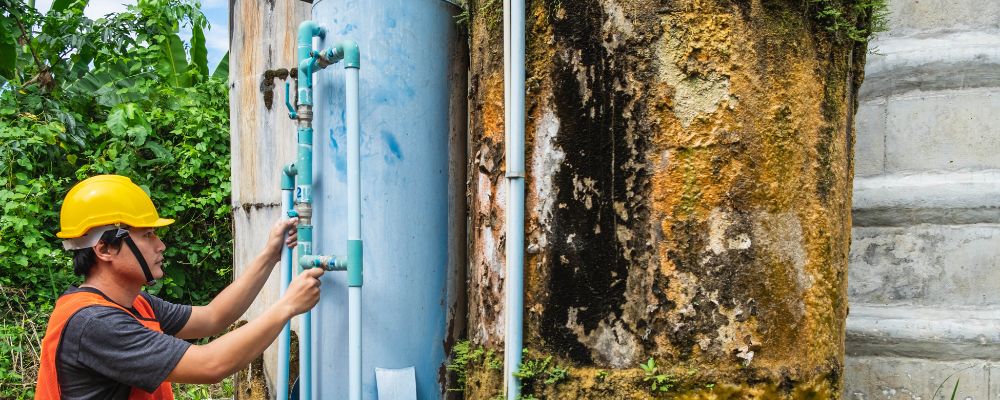
Regulation for the Plant
Industrial Plant: In addition to following industry-specific rules, industrial plants may also have to abide by environmental laws on the discharge of wastewater.
Domestic Plant: To guarantee the security and caliber of the water provided to customers, domestic plants are required to adhere to drinking water standards established by regulatory bodies.
Conclusion
Domestic water treatment plants concentrate on supplying clean drinking water for homes and small communities. On the other hand, industrial water treatment facilities are built to fulfill the specific requirements of the industry. Hence, the various goals and purposes of these two kinds of treatment facilities are reflected in the variations in scale, water source, treatment procedures and regulatory requirements.
If you want to install substitutes for a Wastewater treatment plant, contact Mentor Water. We provide you with complete ETP and STP solutions for your businesses or households. Let’s connect over +91 7351002123 and discuss!
